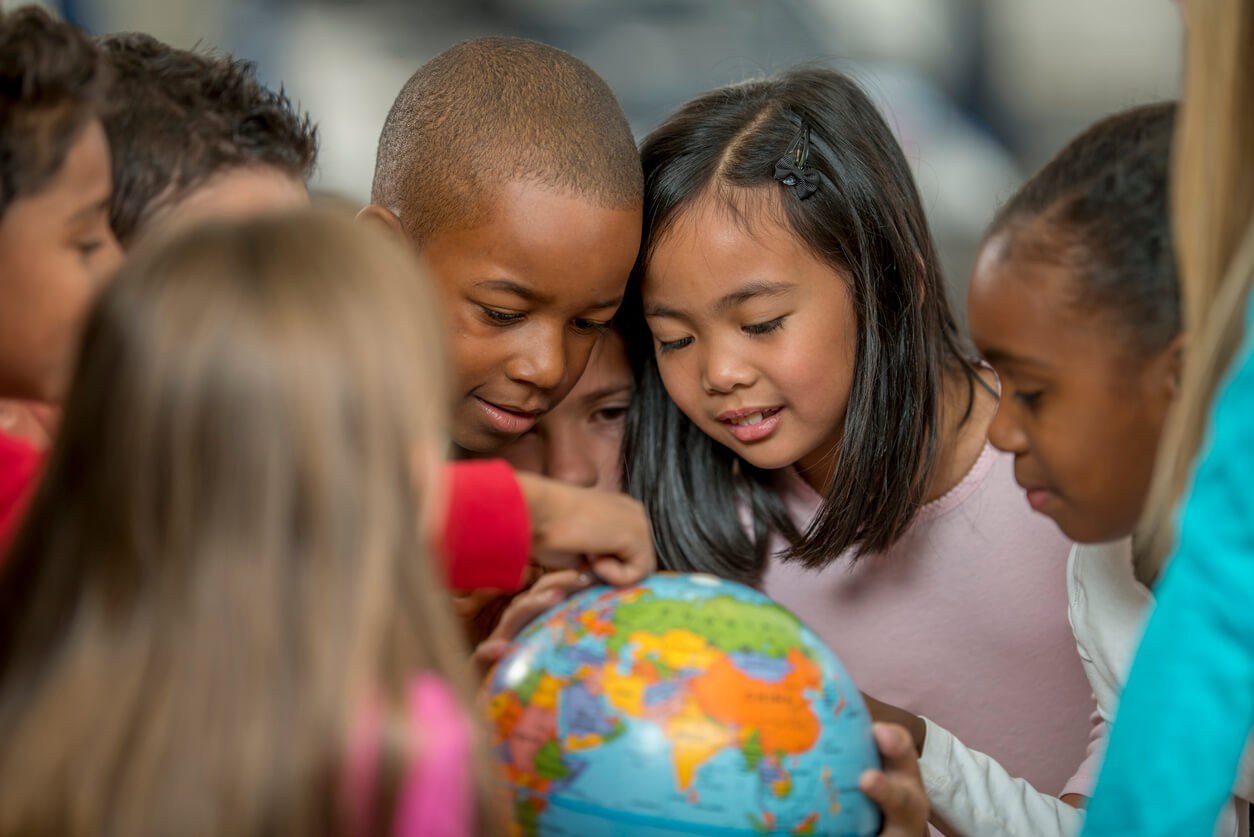Next Wednesday, September 4, at 13:00 hrs, Mauricio Salgado (UNAB) will show the results of his research entitled "How does the context affect altruism and youth cooperation?".
The activity will take place at 13:00 hrs. in parlor ACSR 302 of headquarters Alameda Universidad Mayor, located in Alameda 2027, Santiago Center (Los Héroes Metro).
About the investigation
A large body of evidence in the social sciences shows that prosocial behavior patterns (i.e., those actions that benefit others even when they involve personal expenses) are anchored in the material conditions of people's lives. For example, several studies have shown that people of low status tend to be more altruistic, respect rules more or lie less in negotiations than people of high status.
In this seminar I will show preliminary results of two studies that extend this line of research that links prosocial behavior to the social status of people. Specifically, we are interested in studying the consistency of prosocial behavior among people of different socioeconomic status, manipulating the information they have of others - an aspect not so studied in the literature. For this, tertiary education students participated in two studies where we used experimental games. In the first study (N=320), we analyzed altruistic behavior and the norms of justice using the dictator's game and the ultimatum, making each participant decide to donate money to another in a position of relative economic advantage or disadvantage. In addition, the origin of inequality could be attributed to individual or random effort. In the second study (N=190), we analyzed the levels of cooperation of young people, using the linear game of public goods, assigning participants to peer groups that could be more or less cooperative.
The results of the first study show that, although the origin of a small economic inequality (either by effort or by chance) does not generate differences in altruistic behavior, inequality itself produces differences. In fact, high-status young people adjust their prosocial behavior, being more altruistic when they are at an advantage and less altruistic when they are at a disadvantage compared to others. Among young people of low status there is no such adjustment to their context, and they donate similar amounts of money to their counterparts, regardless of whether they are at an advantage or disadvantage against them. In the second study, this pattern of independence from prosocial behavior to contextual information is reversed: the results of the game of public goods indicate that it is young people of lower status who adjust their levels of cooperation to the behavior of their peers. Specifically, young people with low and medium socioeconomic status cooperate more when they are among cooperating peers than when they are among non-cooperating peers. Such adjustment of prosocial behavior to that of their peers is not observed among young people of high socioeconomic status: they cooperate with amounts similar to the public good regardless of whether their peers are more or less cooperative.
The results of both studies clarify the accumulated evidence that links prosocial behavior to the socioeconomic status of people, indicating that information about others constitutes the boundary condition for that relationship. I will discuss these results in light of the recent debate in the specialized literature.
About the Author
Mauricio Salgado is an associate professor at the Andrés Bello University, where he is also the director of the Sociology Career. He is a sociologist and a doctor of sociology at the University of Surrey (England). He is also principal investigator of the Research Center for Inclusive Education. The seminar he will teach at the CEAS of the Universidad Mayor is part of the FONDECYT 116264 Project, for which he is a responsible researcher.


